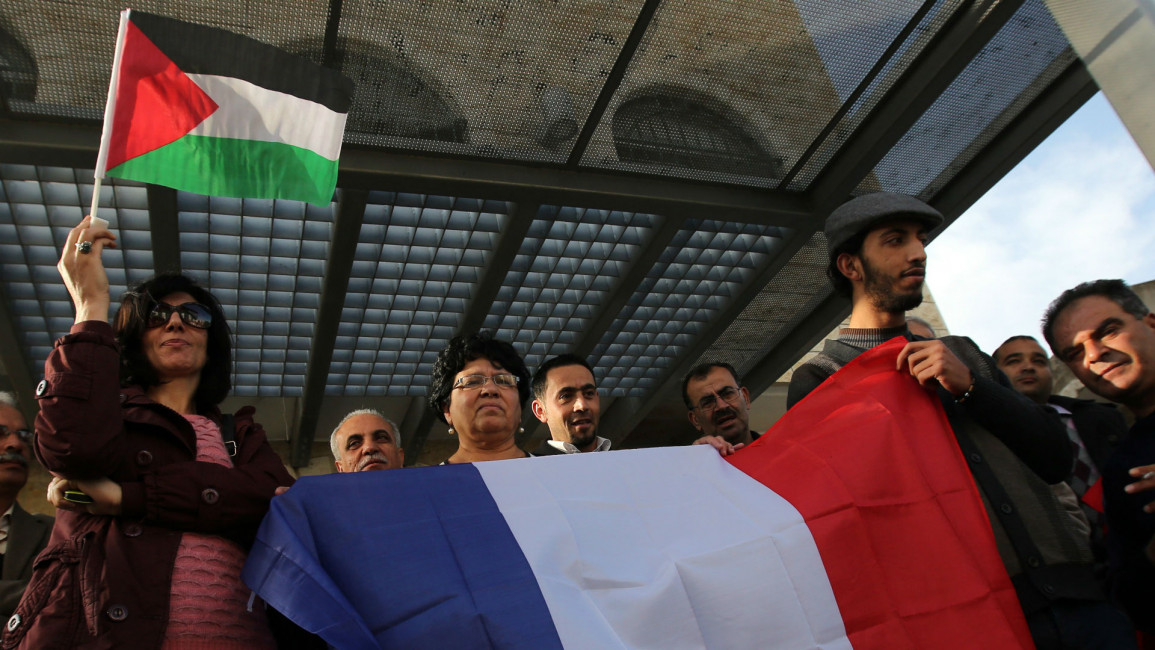European draft resolution recognises Israel as 'Jewish state'
The proposal contains articles on recognising the Jewish identity of the state, resettling and compensating Palestinian refugees, and disarming a future Palestinian state, according to Saeb Erekat, Chief Palestine Liberation Organisation [PLO] negotiator.
"Intensive French-Palestinian talks are underway on the draft resolution that aims to end the occupation," Erekat told a meeting organised by the Palestinian Centre for Policy Research and Strategic Studies at its headquarters in al-Bireh.
| France is bridging the way towards setting up a Palestinian state by determining the guidelines for resuming negotiations. - Saeb Erekat, PLO negotiator |
"By presenting the draft resolution to the Security Council, France is bridging the way towards setting up a Palestinian state by determining the guidelines for resuming negotiations," he added.
Erekat said the draft resolution places a timeframe for negotiations between Palestinian and Israeli leaders, which will continue until the end of 2017. After that, France and other European states will officially recognise the Palestinian state.
He added that Germany and Britain had helped draft the resolution, with Britain proposing additional points against the wishes of the Palestinian negotiating team.
Palestinian officials are particularly opposed to an article in the resolution pushing for a Jewish state. They also object to articles on resettling and compensating Palestinian refugees, and on disarming the future Palestinian state.
Erekat argued that the Palestinian cause was facing its most dangerous phase yet.
The US administration has failed over the last nine months to reach an agreement on the principles for negotiations between Palestinians and Israelis. This has left the Palestinian leadership with no choice except to internationalise the Palestinian cause by pushing for international recognition of the Palestinian state, Ereket added.
The Israelis are trying to ensure the Palestinian Authority has no authority, said Erekat, and Tel Aviv wishes to continue the occupation untroubled, making sure that the troubles of Gaza are maintained as a separate entity from the rest of the Palestinian cause.
Israeli officials have been trying to formalise the divide and distance between its concept of state and Palestinians - whether they live in the occupied territories or inside Israel itself. The Jewish-state bill, the loyalty oath bill, the separation of roads and buses for Israelis only, and further laws regarding illegal settlements on occupied territory have helped cement the divide, said Erekat.
The Palestinians are focused on achieving Palestinian unity, and reconsidering relations with Israel based on reciprocal commitments and the internationalisation of the Palestinian cause, he explained.
Erekat also called on those involved in negotiations to make use of this opportunity to "return Palestine to the map".
This could be achieved through the UN Security Council, or by international conventions and organisations working to pass a special bill protecting civilians in times of war, he said.
This article is an edited translation from our Arabic edition.



